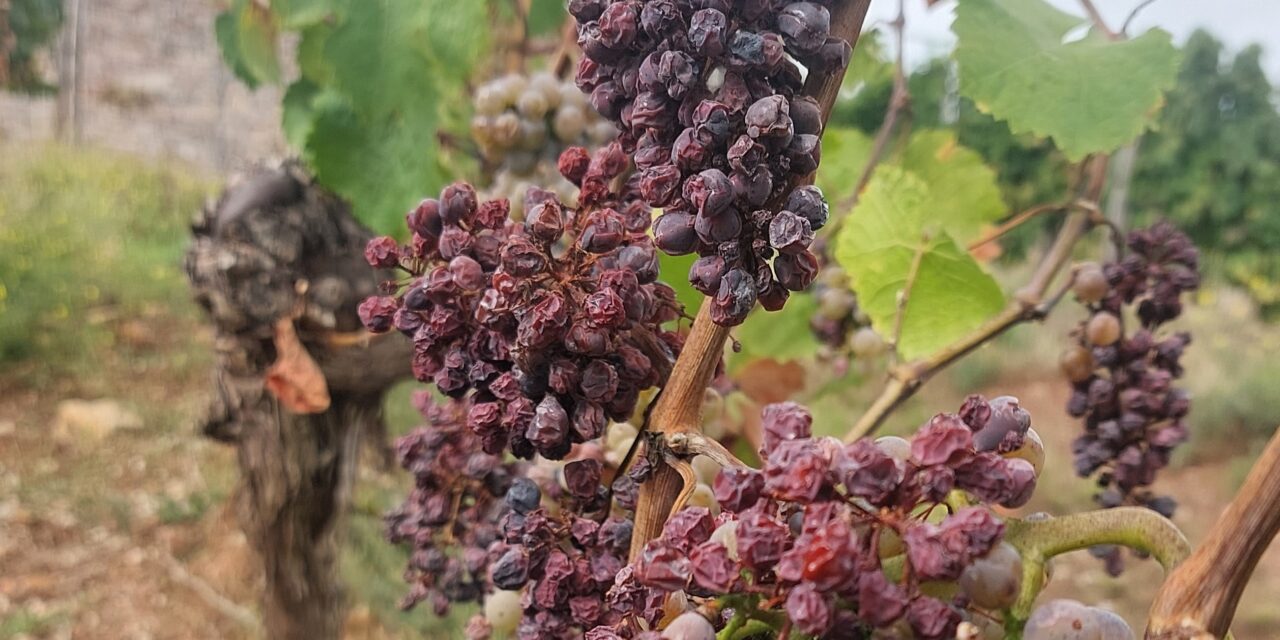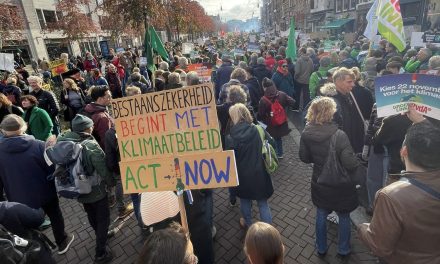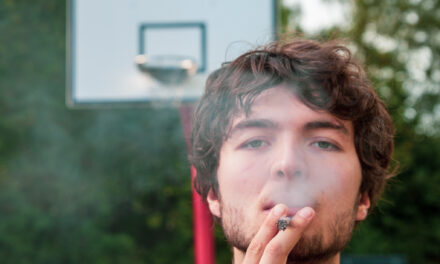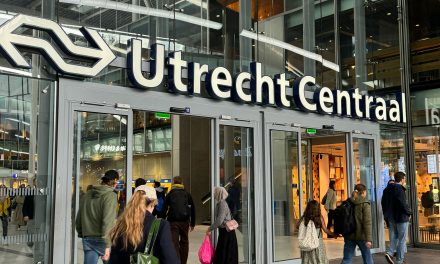Climate change is getting worse and influences more and more industries. Agricultural industries, such as the industry of viniculture, are really affected by the changing weather and seasons. Spring ends earlier, leading to an earlier sprout and blossom, however, there is still the risk of late frost, which damages the blossoms. Especially in summers, the weather becomes unpredictable. It alternates between droughts and heavy rain; one extreme follows the other one. For winegrowers, this makes it difficult to plan. According to Jon Hanf, professor for wine economics at Hochschule Geisenheim University, these two issues have the largest impact on today´s viniculture in Europe, but he underlines that northern wine-growing areas are less affected than southern areas.
Grapes can naturally handle droughts well, because they are deep-rooted, only the newly planted ones with less deep roots get endangered. Heavy rain is a much bigger issue: It supports the risk of fungal-attacks and mildew. “In the wine-industry, there is lots of progress going on. There are PIWI grapes and other grapes with a higher natural protection.”, says Jon Hanf. PIWI grapes are fungal attack resistant grapes, which are cultured to stand the climatic challenges. Traditional grapes can be protected with either conventional or ecological pesticides and fungicides. Still, it is not necessary to use it, there is just less yield, according to Hanf.
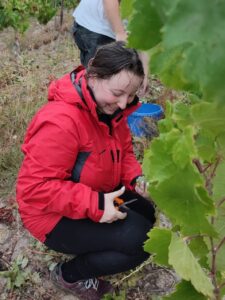
This year´s vintage has already started. Harvesting by hand is better for the environment because there are no machines which produce carbon dioxide and compact the soil, however, the biggest advantage of traditional vintage is the quality of the vine.
Despite all the advantages of PIWIs, their wine is still seen sceptically by the consumers. They are used to traditional varietals such as Pinot Noir or Riesling, making it difficult to keep up for the new ones, even though they are way more sustainable: they need less energy, thus they produce less carbon, have less productions costs, are less soil loading and are better at preserving nature. Hence, objectively seen they are the best option for nature, winegrowers and consumers. Nevertheless, they first must proove themselves on the market. But according to Hanf they are developing and can reach a similar taste as the traditional varietals. Hanf can also imagine a blend of traditional and PIWI grapes. On a long term he definitely sees PIWIs as a central part of ecological viniculture.
Another major obstacle is irrigation. “This year we had a rainy winter, so deep in the soil there has been water for the grapes during summer. However, on a mid- or long-term we have to think about irrigation, but this is connected to higher costs”, explains Hanf, “It will become more difficult for ecological production to have large harvests.” Even though grapes are not depended on surface water, the allocation of the water makes a difference; for example it develops unwanted aromas in white wine. Thus, winegrowers must think about it when laying out new vineyards, whether to put the vineyards parallel to the hillside or against it, because this affects the way the water is absorbed.
The development in viniculture in order to become more sustainable and adapted to the new climatic circumstances is far from done and many things must turn out in the future, but PIWIs and other ideas, how to make viniculture more sustainable, are already made up and prepare viniculture for present and future impacts of climate change.
